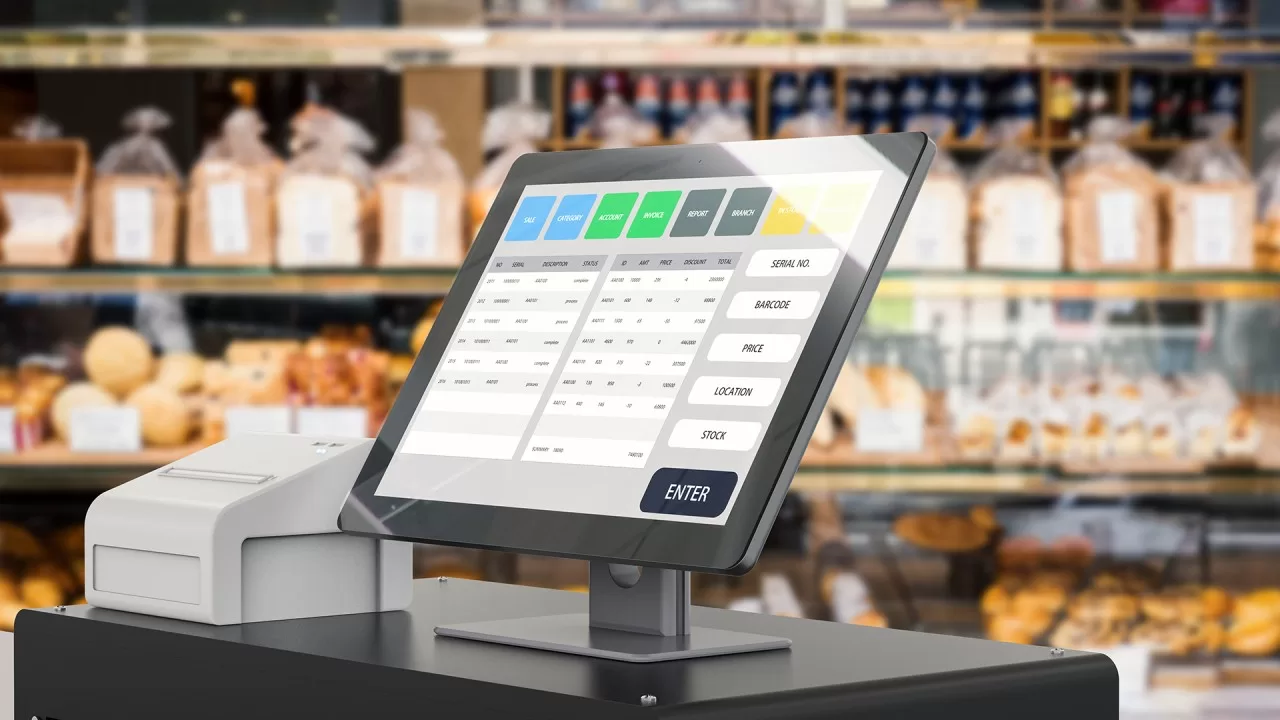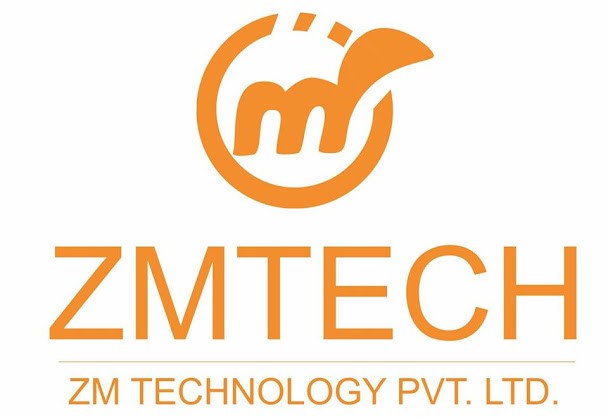Point of sale Retail software

Point of Sale (POS) retail software is a specialized application designed to facilitate transactions and manage various aspects of a retail business. It is a crucial tool for businesses that sell products or services directly to consumers. Here’s a general description of the key features and components of POS retail software:
- Transaction Processing:
- Checkout System: The core functionality is to process transactions efficiently, allowing customers to make purchases and complete payments.
- Barcode Scanning: Enables quick and accurate product identification and pricing using barcode scanners.
- Inventory Management:
- Stock Tracking: Monitors inventory levels in real-time, helping businesses keep track of stock quantities, reorder products, and prevent stockouts.
- Product Information: Stores details about products, including descriptions, prices, and stock keeping unit (SKU) information.
- Sales Reporting and Analytics:
- Sales Data: Generates reports on sales performance, allowing businesses to analyze trends, identify popular products, and make informed decisions.
- Financial Reporting: Provides financial summaries, including revenue, taxes, and profits.
- Customer Management:
- Customer Profiles: Stores customer information, purchase history, and preferences to enhance personalized service.
- Loyalty Programs: Some POS systems support loyalty programs, allowing businesses to reward repeat customers.
- Employee Management:
- User Access Control: Defines roles and permissions for different staff members to control access to sensitive features.
- Time and Attendance Tracking: Monitors employee work hours and attendance.
- Payment Processing:
- Integration with Payment Gateways: Supports various payment methods, including credit/debit cards, mobile payments, and digital wallets.
- Secure Transactions: Ensures the security of payment transactions and compliance with payment industry standards.
- Multi-Channel Integration:
- E-commerce Integration: Some POS systems integrate with online stores, providing a seamless experience between physical and online sales channels.
- Offline and Online Synchronization: Ensures that inventory levels and sales data are consistent across different sales channels.
- Customization and Scalability:
- Configurability: Allows businesses to customize receipt formats, loyalty programs, and other settings to meet specific needs.
- Scalability: Supports the growth of the business by accommodating an increasing number of products, transactions, and users.
- Security Features:
- Data Encryption: Ensures that sensitive customer and business data is protected.
- User Authentication: Requires secure login credentials to access the POS system.
- Customer Support and Updates:
- Vendor Support: Provides ongoing support from the software vendor, including updates, troubleshooting, and training.
POS retail software can vary in features and complexity, catering to the needs of small businesses as well as large, multi-location retailers. Businesses often choose POS systems based on their specific requirements and industry preferences.
